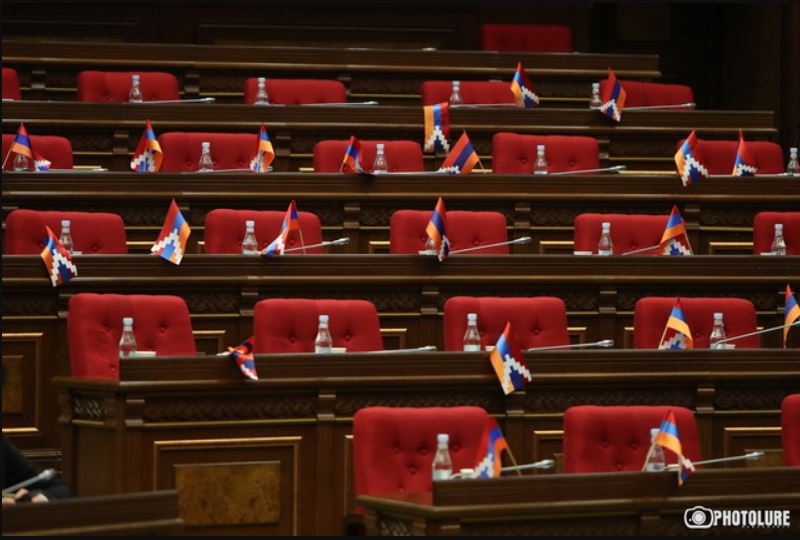From time to time, Civil Contract deputies say that their opposition colleagues will be deprived of their parliamentary seats. I suppose, however, that this will not happen. It is possible, of course, that 2-3 people will be punished as a “show of force.” But I think it is unlikely that both opposition factions will leave the parliament and the Civil Contract members will remain “on their own” and “enjoy each other’s company” for the next 4 years.
Such a scenario, of course, will delight thousands of fans of the government: “Yes, these thieves, everyone should be gathered and thrown in a hole.” But the West, which admires Armenian democracy, will probably not like it, and freedom fighters may be deprived of an important occasion for admiration.
But more importantly, the absence of a parliamentary opposition will deprive the Civil Contract members of their main support pillars (do not be surprised).
I think this opposition is the main pillar of this government, and the main propaganda thesis of the Civil Contract is the threat “if we go, the former will come back.” It really scares people, and in many cases intimidates thousands of our citizens and, I suppose, many people voted in the parliamentary elections a year ago because of that horror.
Read also
The main thesis of the parliamentary opposition is also based on creating fear: “if this government stays, the Turks will come,” but people are less afraid of that than the return of the “former.” There is no need to be upset, dear oppositionists. This is a statement of fact, a reality that, yes, to some extent, was created by skilled post-truth propaganda for more than a decade, but mainly by the policies pursued by those “former.”
So, there will not be a “mass deprivation” of mandates, the fruitless debate and, so to speak, the “symbiosis of contradictions” will continue.
But I’m noticing new shoots growing outside of those ‘non-fertile’ political areas. It could be called “civil society” if the phrase was not discredited and identified with some NGOs. Thousands of Armenians in Armenia and the Diaspora unite spontaneously, without any political expectations, to organize themselves in order to develop education and science in Armenia and Artsakh, solve social problems, and promote startups and other purposes. I do not rule out that in the coming years, these mainly young people will form a new political agenda, which will get us out of the already boring “brawl” described above.
Aram Abrahamyan





















































